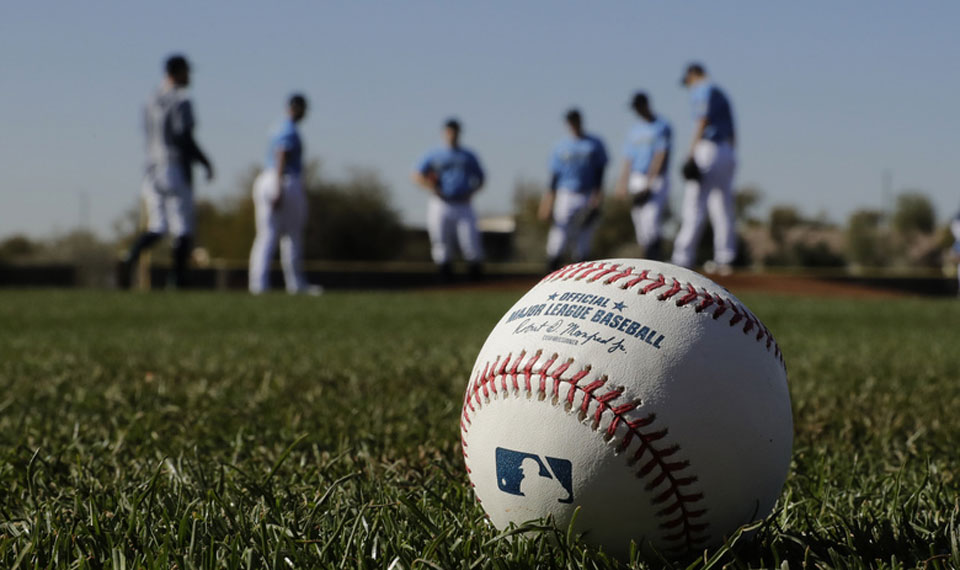
At this very moment, the United States is staring down the barrel of a gun. As we inch closer to Election Day 2020, the country is seeing an uptick in coronavirus cases. Our voting rights are under siege by GOP operatives misguided by their impression that winning trumps democracy, and the highest court in the land is on the verge of a conservative supermajority.
So, it makes sense that absolutely nothing makes sense.
And the Supreme Court, now fractured and up for partisan control—potentially determining who will occupy the White House in 2021—continues to reach perplexing and questionable rulings.
On Monday, Oct. 5, the high court ensured a restrictive Republican-backed law in South Carolina, mandating voters to have a witness sign mail-in ballots, will be in place for Nov. 3. Of course, the ballots, and there have been several thousand, already sent out would not have to comply with the signature requirement. This restrictive measure was challenged by Democratic voters and the state Democratic Party. They argued requiring a witness would endanger people during the coronavirus pandemic and could impact voter participation.
Justice Brett Kavanaugh in his concurring opinion wrote: “a State legislature’s decision either to keep or to make changes to election rules to address COVID–19 ordinarily “should not be subject to second-guessing by an ‘unelected federal judiciary,’ which lacks the background, competence, and expertise to assess public health and is not accountable to the people.”
As we get closer to a contested presidential election, let’s see if Kavanaugh, a Trump appointee, keeps the position of an “unelected federal judiciary” not second-guessing or intervening in any legislated changes to election rules.
So here we have one strike against the court.
Yet, on the same day, the high court allowed a class-action lawsuit to move forward from minor league baseball players who allege they are being paid less than minimum wage.
There was no explanation, just a simple denial to Major League Baseball’s request to dismiss the class certification lawsuit.
Essentially paving the way for players to receive compensation equal to hours worked (equal pay for equal work).
“The ultimate goal is pretty simple: to get MLB to comply with the same laws that Walmart and McDonald’s comply with,” said Garrett Broshuis, the attorney and former minor league player who filed the initial lawsuit. “Whenever they ask players to go to spring training, they should be paying their employees for it. During a season, there’s no reason for players to be making $7,500 or $8,000 a year.
“After almost four years on appeal, the players can now return to the trial court to ensure that Major League Baseball and team owners comply with the minimum and overtime wage laws, a welcome development for minor leaguers in a very unusual year.”
The case Senne v. Royals was originally filed in 2014 on behalf of former minor league player Aaron Senne but expanded to include thousands of past and present players who were not paid during spring training or who received salaries below the federal poverty line.
In 2018, federal lawmakers quietly slipped the “Save America’s Pastime Act,” stripping minor leaguers of any minimum wage law protections, into a $1.3 trillion omnibus spending bill. And even though players typically work over 60 hours a week in a season, the law called for them to be paid minimum wage for 40 hours a week “irrespective of the number of hours the employee devotes to baseball-related activities.”
Legalized wage-theft gift wrapped in flowery patriotic language.
The following year, August 2019, the U.S. Court of Appeals for the 9th Circuit allowed the players’ suit to proceed as a class action seeking relief for back pay, and wage theft protections. The appellate court’s ruling allowed players in California, Arizona, and Florida—all the spring training sites—to join the class, with federal protections so badly limited.
“While Major League Baseball does not comment on ongoing litigation, MLB remains focused on modernizing its player development system to enhance the minor league experience for players, including providing them with renovated facilities, reduced travel, and improved daily working conditions,” MLB said in a statement Monday. “MLB had long planned to increase minor league player salaries as part of our next agreement with minor league clubs, and announced earlier this year that minor league players would be receiving salary increases ranging from 38% to 72% for the 2021 season.”
The 2020 minor league season was canceled due to the coronavirus pandemic. Teams provided minor leaguers with $400 a week for most or all of the season, which represented a significant raise for many lower-level minors players.
Not to mention the major overhauls taking place with a quarter of the 160 teams expected to be contracted, and short-season leagues being repurposed as amateur development leagues. This follows the end of September expiration of the Professional Baseball Agreement between MLB and MiLB, and it’s expected that MLB will take full control of the minor leagues.












Comments